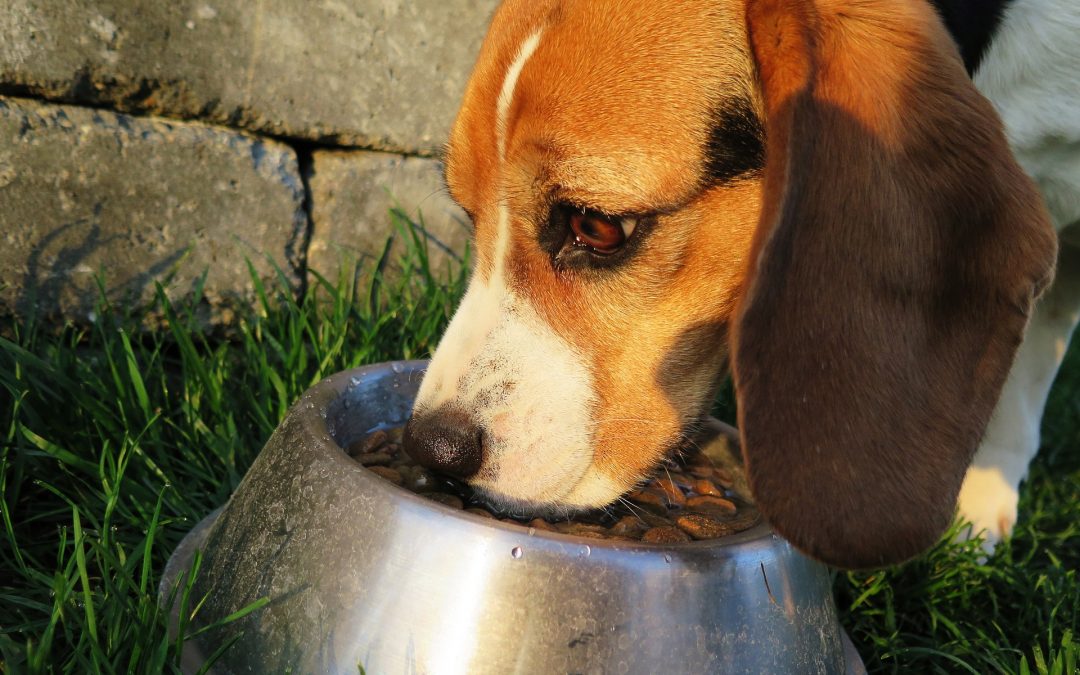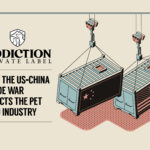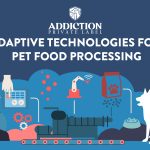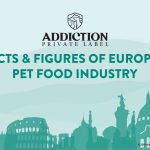The Food and Drugs Administration (FDA) identified 16 dog food brands linked to dilated cardiomyopathy (DCM) in dogs. The dogs were found to have taurine deficiency because of their dog food diet. Under scrutiny are those claiming their products are grain-free. If you’re getting into the private label pet food business, it’s best to know what ingredients get into the pet food you will put your label on.
Taurine as an added ingredient
Before you get into a partnership with a private label pet food manufacturer, you have to know what kinds of pet foods they make—is it dry or wet? Are they just making kibbles? And, you have to find out what ingredients they put into their private label pet food. Many private label manufacturers will be forthcoming when asked about their products so it wouldn’t be difficult to get the information you need.
In this case, it makes sense to seize the opportunity of including taurine as an ingredient to your own private label pet food. But what is taurine? Taurine is an amino acid found in fresh meat. Most healthy dogs can naturally synthesize taurine from their food. However, studies suggest that foods lacking the proper formulation of ingredients, and particularly foods with lower quality meat, lead to decreased ability to synthesize taurine. This is especially concerning for at-risk breeds and could lead to taurine deficiency, posing a risk for heart disease. Usually, taurine works effectively in combination with L-carnitine (so you may want to include that too in your pet food).
Grain-free getting the flak
As mentioned, there are pet foods that lack the proper formulation of ingredients. But we know that many pet owners would give the best pet food formula there is to their beloved canines. Thus, the grain-free concept was born out of this need. It’s worthy to note that the FDA found out that 91% of the dogs that developed DCM were having a grain-free diet[¹] and 93% of those grain-free diets have peas and/or lentils as its ingredients.[²]
Grain-free pet foods do not have cereal grains like corn, rice, barley. But as an alternative to these, peas, lentils, potatoes, and legumes are used as they provide the starch needed for kibbles to be extruded. Note that peas, lentils, and legumes are high in protein. These are plant-based proteins that are devoid of taurine and are cheaper than the expensive animal proteins. Therefore, many manufacturers may have opted to go for plant proteins. Which can only mean one thing: many grain-free pet food might be taurine-deficient.
Going for the right mix
That said, you might want to find out if your private label manufacturer already has a recipe that includes taurine, L-carnitine, and other essential nutrients that may make your private label pet food a cut above the others. But if you already have a recipe in mind, let Addiction Foods Private Label help you in that area.
If you have decided to move forward with your plans, let Addiction Foods Private Label be the right partner for your private label.
For further reading
- https://www.dogsnaturallymagazine.com/truth-grain-free-dog-foods-dcm/
- https://www.theatlantic.com/health/archive/2019/07/grain-free-dog-food-fda-warning/593167/
- https://www.petmd.com/blogs/nutritionnuggets/jcoates/2012/june/when_taurine_carnitine_supplements_are_good_idea-24604
—————————————-
[1] https://www.dogsnaturallymagazine.com/truth-grain-free-dog-foods-dcm/
[2] ibid.







